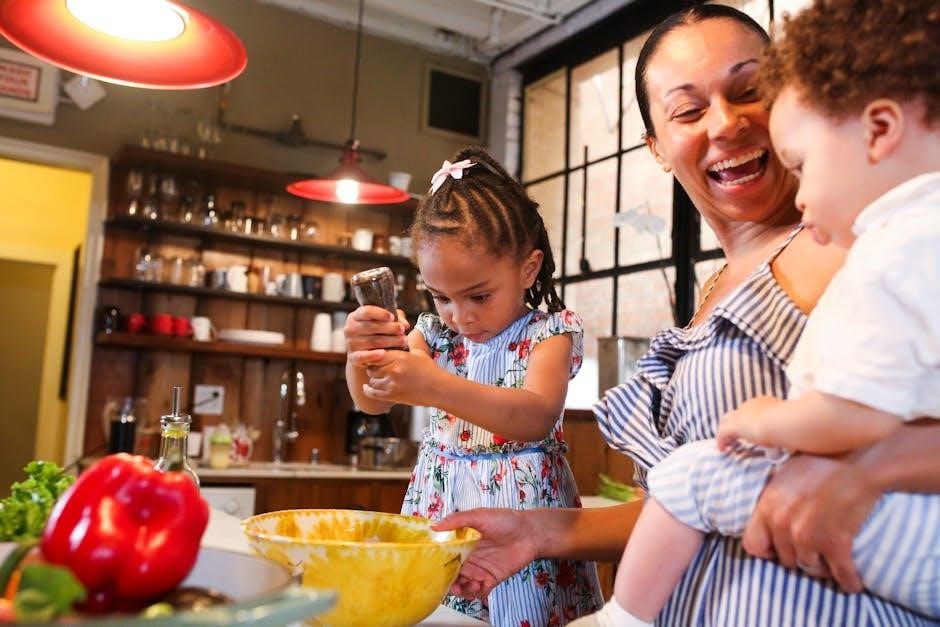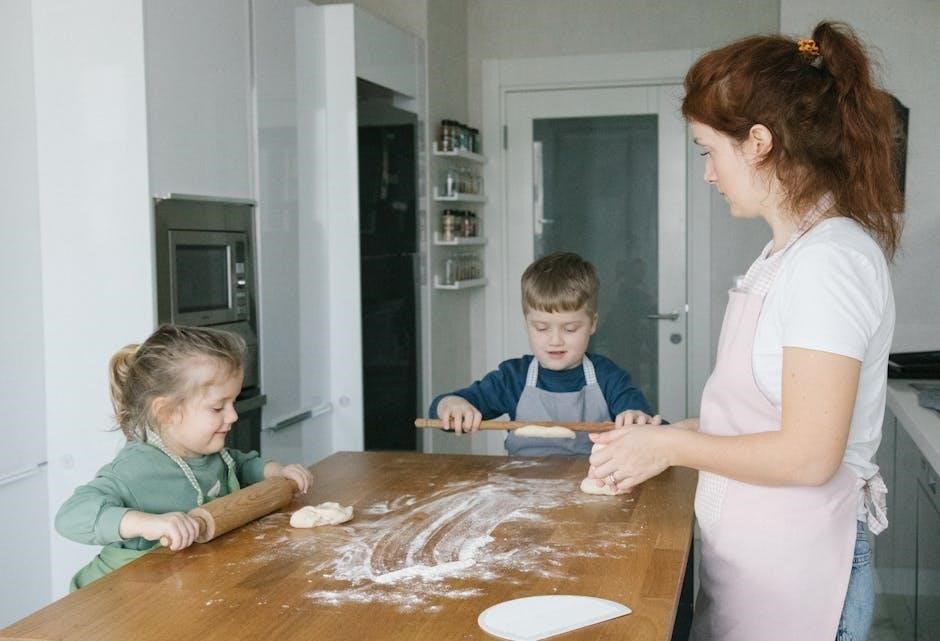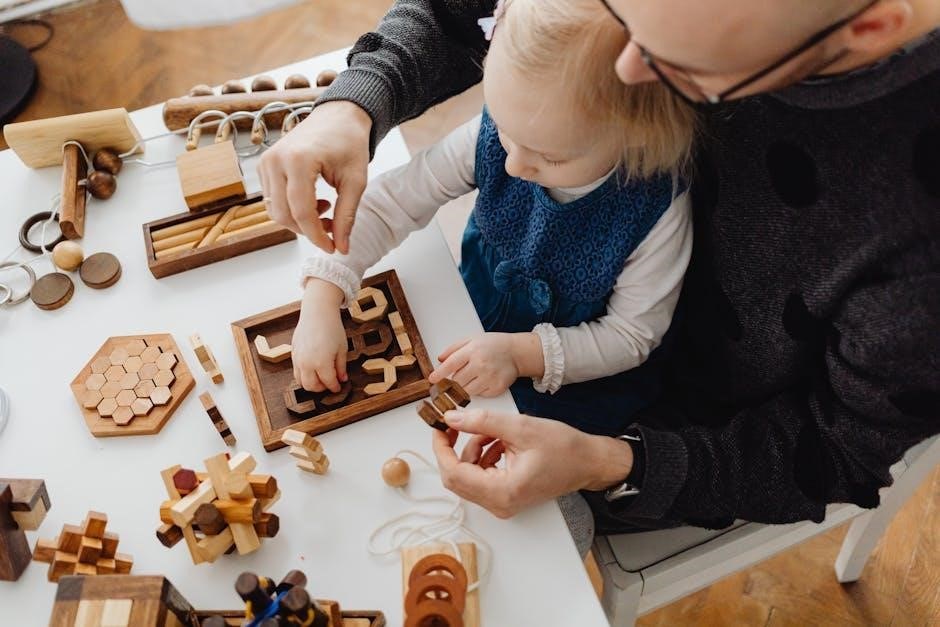Happiness is often seen as an elusive emotion, but it can be cultivated as a skill through practice and mindfulness. Matthieu Ricard, a renowned Buddhist monk, emphasizes that happiness is not something we find but rather develop internally. By understanding happiness as a skill, we can actively work on enhancing our well-being and life satisfaction.
Defining Happiness and Its Importance in Life
Happiness is a profound state of well-being and contentment, often characterized by joy and fulfillment. It plays a crucial role in shaping life satisfaction, relationships, and overall health. Matthieu Ricard highlights happiness as a skill that, when cultivated, enhances resilience and life quality, making it essential for a meaningful existence.
The Concept of Happiness as a Developable Skill
Happiness is not an innate trait but a skill that can be cultivated through practice and mindfulness. Matthieu Ricard suggests that by training the mind and nurturing positive emotions, anyone can develop lasting happiness, transforming it from an occasional feeling into a stable state of well-being.
Matthieu Ricard’s Perspective on Cultivating Happiness
Matthieu Ricard, a Buddhist monk and scientist, views happiness as a skill rooted in mindfulness and compassion. He advocates for training the mind to embrace positive emotions and inner peace, emphasizing that true happiness is cultivated through purposeful practice, not external circumstances.

The Science of Happiness
The science of happiness explores the brain’s role in emotional well-being, revealing how mindfulness and psychological factors like gratitude and social connections influence life satisfaction and joy.
Neuroscience and the Brain’s Role in Happiness
Neuroscience reveals that happiness is deeply linked to brain function, particularly in the prefrontal cortex, which regulates emotions and well-being. neurotransmitters like dopamine and serotonin play a crucial role in experiencing joy. Practices like meditation strengthen these neural pathways, fostering lasting happiness, as supported by Matthieu Ricard’s research on the brain and well-being.
The Impact of Mindfulness and Meditation on Happiness
Mindfulness and meditation significantly enhance happiness by training the mind to focus on the present and cultivate positive emotions. Regular practice reduces stress, improves emotional regulation, and strengthens neural pathways associated with well-being, as highlighted in Matthieu Ricard’s work, offering a powerful tool for lasting happiness and mental clarity.
Key Psychological Factors Influencing Happiness
Key psychological factors such as self-esteem, gratitude, and social connections significantly influence happiness. High self-esteem fosters resilience, while gratitude amplifies positive emotions and strengthens relationships. Strong social bonds and a sense of belonging further enhance well-being, creating a foundation for lasting happiness and emotional fulfillment in life.

Practicing Mindfulness and Meditation
Mindfulness transforms your perception of happiness by fostering present-moment awareness and emotional clarity. Regular meditation cultivates inner peace, reducing stress and enhancing overall well-being, aligning with Matthieu Ricard’s teachings on developing happiness as a skill.
How Mindfulness Transforms Your Perception of Happiness
Mindfulness shifts your perception of happiness by increasing self-awareness and gratitude. It helps you appreciate life’s small joys and fosters emotional balance, allowing you to find contentment in the present moment rather than chasing external sources of happiness, as Matthieu Ricard’s teachings suggest.
Simple Meditation Techniques for Daily Practice
Start with mindful breathing: focus on your breath, observing its rhythm without judgment. Body scan meditation is another simple technique, where you bring awareness to each part of your body. These practices cultivate calm, clarity, and inner peace, helping you develop happiness as a skill in daily life.
The Connection Between Mindfulness and Life Satisfaction
Mindfulness practices, such as meditation and present-moment awareness, foster life satisfaction by enhancing emotional resilience and positive interactions. Research shows that higher mindfulness levels correlate with greater happiness and fulfilling relationships, emphasizing its role in cultivating long-term well-being and inner peace; This connection underscores mindfulness as a key skill for a happier life.

The Role of Gratitude in Happiness
Gratitude shapes positive emotions and strengthens relationships, fostering emotional well-being. Daily practices like journaling or reflection can enhance life satisfaction and overall happiness, supported by scientific evidence.
Practicing Gratitude as a Daily Habit
Gratitude transforms lives by fostering positivity and well-being. Simple practices like journaling, sharing thanks, or reflecting on blessings can cultivate this habit. Consistency strengthens emotional resilience, enhancing life satisfaction and relationships, supported by scientific evidence of its benefits for mental health and happiness.
How Gratitude Shapes Positive Emotions and Relationships
Gratitude fosters positive emotions like joy and contentment, strengthening emotional well-being. It nurtures empathy, compassion, and trust, enhancing relationships. By appreciating others, gratitude deepens social bonds and promotes kindness, creating a ripple effect of happiness and harmony in personal and professional connections, supported by scientific evidence;
Scientific Evidence Supporting the Benefits of Gratitude
Research shows gratitude positively impacts emotional well-being, reducing stress and anxiety while increasing life satisfaction. Studies link gratitude practices to stronger social connections and resilience. Neuroscience reveals gratitude activates brain regions associated with happiness and reward, underscoring its role in fostering lasting well-being, as highlighted in Matthieu Ricard’s work on cultivating happiness.

Building Strong Social Connections
Strong social connections are vital for happiness, fostering empathy, trust, and shared joy. Nurturing relationships through active listening and compassion enriches our lives and deepens fulfillment.
The Importance of Relationships in Achieving Happiness
Relationships play a crucial role in achieving happiness by providing emotional support, fostering empathy, and creating shared experiences. Meaningful connections with others enhance life satisfaction and contribute significantly to overall well-being, making them essential for a fulfilling and joyful life.
How to Nurture Meaningful Social Bonds
Nurturing meaningful social bonds requires active engagement, empathy, and consistent effort. By practicing active listening, showing genuine care, and being present for others, we strengthen relationships and build trust, fostering a supportive network that enriches our lives and contributes to lasting happiness and fulfillment.
Compassion and Empathy as Foundations for Connection
Compassion and empathy are essential for forming deep, meaningful connections with others. By understanding and sharing the feelings of those around us, we foster trust, kindness, and mutual support. These qualities, as highlighted by Matthieu Ricard, create a foundation for strong relationships, which are vital for achieving lasting happiness and emotional well-being.
Overcoming Negative Thoughts and Emotions
Mindfulness and meditation help recognize and manage negative emotions, allowing us to reframe thoughts and build resilience. This fosters emotional well-being and lasting happiness.
Understanding the Role of Negative Thoughts in Happiness
Negative thoughts can hinder happiness by creating emotional barriers and fostering dissatisfaction. Recognizing and addressing these thoughts is crucial for emotional well-being. By understanding their root causes, we can develop strategies to manage them, ultimately enhancing our ability to cultivate lasting happiness and life satisfaction.
Techniques to Manage and Reframe Negative Emotions
Mindfulness and meditation help transform negative emotions by increasing self-awareness. Cognitive restructuring and journaling can reframe thoughts, reducing their harmful impact. Practicing gratitude and self-compassion fosters emotional resilience, enabling individuals to view challenges as opportunities for growth, thereby enhancing overall happiness and well-being.
Cultivating Resilience in the Face of Adversity
Resilience is key to navigating life’s challenges while maintaining happiness. By practicing mindfulness, embracing emotional acceptance, and reframing adversity as growth opportunities, individuals can strengthen their ability to recover and thrive. Matthieu Ricard highlights that resilience, like happiness, is a skill that can be developed through consistent practice and self-awareness.

The Power of Altruism and Kindness
Altruism and kindness significantly boost happiness, supported by scientific evidence. Engaging in selfless acts fosters emotional well-being and fulfillment, aligning with Matthieu Ricard’s teachings on cultivating joy through compassion.
How Acts of Kindness Contribute to Personal Happiness
Engaging in acts of kindness releases endorphins, fostering a sense of joy and fulfillment. Matthieu Ricard highlights that altruism strengthens emotional well-being by cultivating compassion and meaningful connections, which are vital for lasting happiness and life satisfaction.
The Science Behind Altruism and Its Impact on Well-Being
Research shows altruism activates the brain’s reward centers, releasing dopamine and endorphins, which enhance happiness. Studies indicate that helping others lowers stress hormones like cortisol, improving mood and emotional well-being, while fostering a sense of purpose and connection.
Incorporating Altruism into Daily Life
Matthieu Ricard suggests that small acts of kindness, like helping others or donating, can be effortlessly integrated into daily routines. These actions stimulate the brain’s reward system, releasing dopamine and endorphins, which enhance happiness. Altruism not only benefits others but also nurtures personal well-being and life satisfaction.

Developing a Growth Mindset
A growth mindset, as highlighted by Matthieu Ricard, involves embracing challenges and viewing failures as opportunities to learn. This perspective fosters resilience and unlocks the potential for lasting happiness and personal growth.
Understanding the Concept of a Growth Mindset
A growth mindset is the belief that abilities and intelligence can be developed through effort and learning. Unlike a fixed mindset, it embraces challenges as opportunities for growth, fostering resilience and adaptability. This perspective, highlighted by Matthieu Ricard, aligns with the idea of happiness as a skill that can be cultivated over time.
How a Growth Mindset Fosters Happiness and Success
A growth mindset fosters happiness by encouraging resilience and embracing challenges as opportunities for growth. It promotes self-confidence, adaptability, and a focus on progress rather than perfection. By believing in the potential to develop skills, individuals cultivate a sense of purpose and fulfillment, aligning personal growth with long-term success and well-being.
Practical Steps to Cultivate a Growth Mindset
Embrace challenges as growth opportunities, practice self-reflection, and seek feedback to identify areas for improvement. Celebrate progress, no matter how small, and reframe setbacks as learning experiences. Develop a curiosity-driven mindset, engage in lifelong learning, and surround yourself with supportive individuals who encourage growth and resilience.

Setting Goals and Finding Purpose
Setting meaningful goals aligns your actions with your values, fostering fulfillment. Discovering your passion and purpose drives motivation and direction, leading to a more satisfying life.
Goal-Setting as a Path to Fulfillment
Goal-setting provides clarity and direction, helping individuals align their efforts with their values. By establishing clear objectives, people can create a roadmap for achieving their aspirations, fostering a sense of accomplishment and purpose, which are essential components of lasting happiness and personal growth.
Discovering Your Life’s Purpose and Passion
Discovering your life’s purpose and passion involves identifying activities and values that bring intrinsic motivation and fulfillment. Aligning your actions with your strengths and core beliefs fosters a sense of direction and meaning. Mindfulness and self-reflection can help clarify these aspects, leading to a more purpose-driven and satisfying life.
Aligning Goals with Core Values for Greater Happiness
Aligning goals with core values ensures authenticity and direction, fostering a sense of purpose. Identifying personal values and ensuring they guide your objectives creates harmony and fulfillment. This alignment enhances satisfaction, as actions resonate with what truly matters, leading to a more meaningful and joyful life.

The Role of Self-Esteem in Happiness
Healthy self-esteem is crucial for happiness, as it fosters confidence and resilience. When individuals value themselves, they cultivate a positive mindset, leading to greater emotional well-being and life satisfaction.
Building Healthy Self-Esteem for a Happier Life
Matthieu Ricard highlights that self-esteem is vital for happiness. By cultivating self-compassion and recognizing one’s strengths, individuals can build resilience. Positive affirmations and acknowledging achievements foster a healthy self-image, leading to greater confidence and emotional well-being in daily life.
Overcoming Self-Doubt and Negative Self-Talk
Mindfulness and meditation help recognize and transform negative thought patterns. Practicing cognitive reframing and self-compassion can reduce self-doubt. Matthieu Ricard suggests fostering inner peace by replacing criticism with kindness, enabling individuals to embrace their worth and build resilience for a happier, more fulfilling life.
The Connection Between Self-Esteem and Life Satisfaction
Self-esteem directly influences life satisfaction, as higher self-esteem fosters confidence and positivity. Matthieu Ricard emphasizes that cultivating self-worth enhances resilience and mindfulness, leading to greater overall well-being. By nurturing a healthy self-image, individuals can better navigate challenges and embrace life with joy and fulfillment.

Cultivating Joy in Daily Life
Cultivating joy involves embracing small, meaningful moments and fostering creativity. By prioritizing playfulness and gratitude, we can transform daily routines into sources of happiness and fulfillment.
Finding Happiness in Small, Everyday Moments
Happiness often lies in the smallest, most ordinary moments. Paying attention to nature, savoring a good conversation, or enjoying a simple meal can bring profound joy. Mindfulness and gratitude help us appreciate these fleeting moments, transforming daily life into a source of contentment and fulfillment, as Matthieu Ricard suggests.
Creating a Routine That Fosters Joy
Establishing a routine that fosters joy can make happiness a consistent part of life. Incorporate mindfulness, meditation, or small pleasures to stay present and appreciate life’s beauty, aligning with Matthieu Ricard’s teachings. These practices help find contentment in everyday moments, enriching your overall well-being.
Embracing Playfulness and Creativity for Happiness
Playfulness and creativity are powerful tools for cultivating joy. Engaging in creative activities or playful moments can boost happiness by fostering a sense of fulfillment and reducing stress. These practices encourage a positive mindset and help individuals find joy in life’s simple, everyday experiences, aligning with the principles of developing happiness as a skill.
Sustaining Happiness Long-Term
Sustaining happiness requires consistent practice, mindfulness, and resilience. By incorporating gratitude, compassion, and creativity into daily life, individuals can maintain long-term well-being and continue growing emotionally and spiritually.
Strategies for Maintaining Long-Term Happiness
Consistent practice of mindfulness, gratitude, and compassion fosters long-term happiness. Nurturing positive relationships, embracing resilience, and aligning actions with core values also play crucial roles; Regular reflection and engaging in meaningful activities further sustain well-being, ensuring a fulfilling and joyful life.
Overcoming Challenges and Setbacks
Resilience is key to navigating life’s challenges. By reinterpreting difficulties as growth opportunities, cultivating mindfulness, and maintaining a positive outlook, one can overcome setbacks. This approach, as highlighted by Matthieu Ricard, strengthens emotional well-being and fosters long-term happiness through adaptive and constructive responses to adversity.
Continuous Growth and Development for Lasting Happiness
Continuous growth and development are essential for sustaining happiness. Engaging in lifelong learning, practicing mindfulness, and setting meaningful goals fosters a sense of purpose and fulfillment. Matthieu Ricard emphasizes that cultivating inner growth and embracing change leads to enduring well-being and a deeper appreciation for life’s journey.
